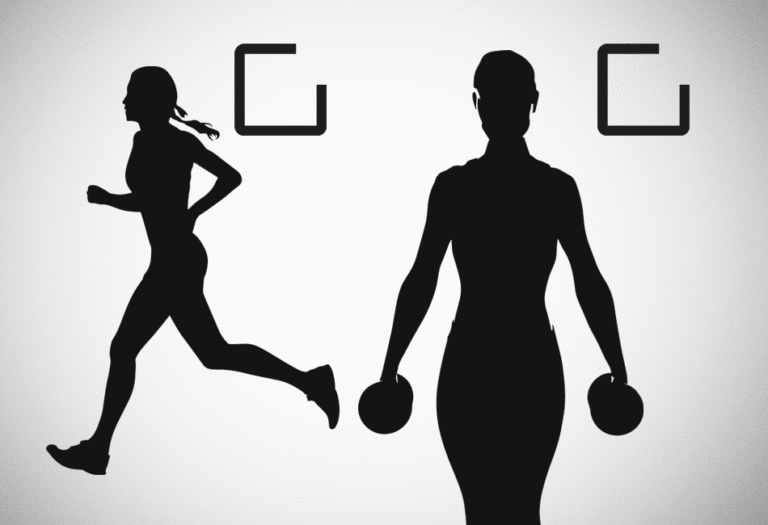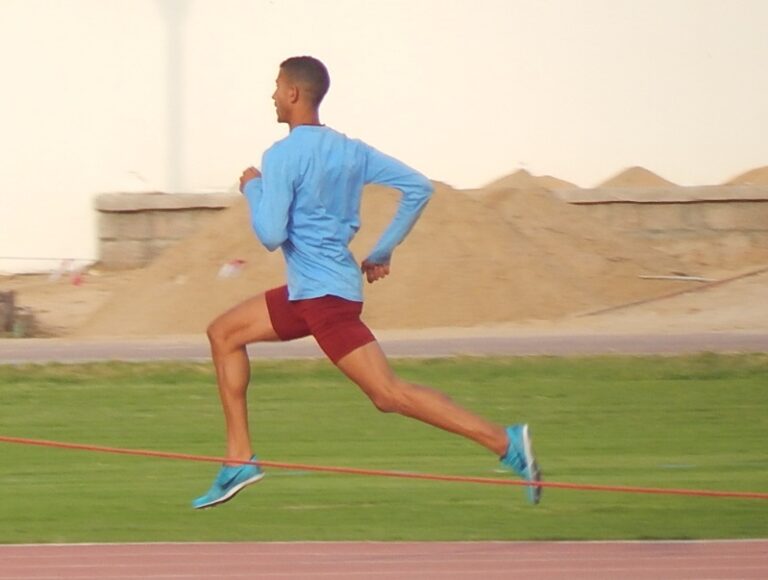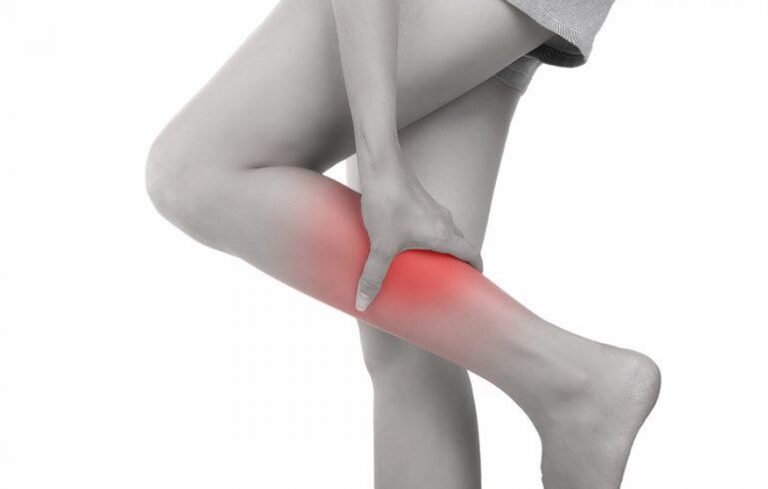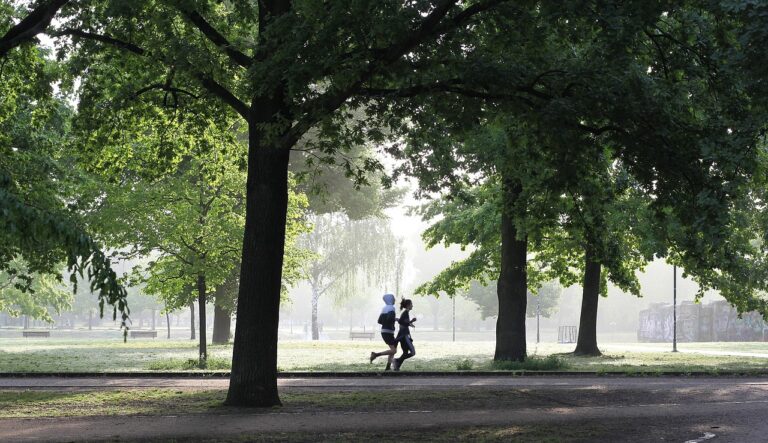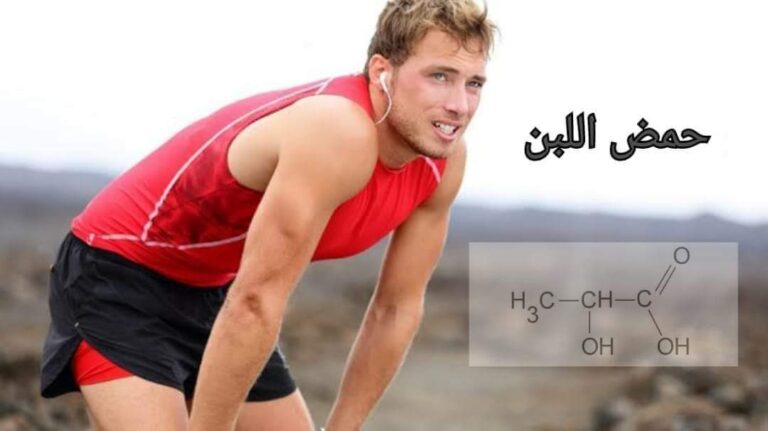Ramadan, The Athlete and Exercise
The holy month of Ramadan has started and this is an important time for us Muslims. During this month you fast (no eating or drinking) from sunrise (Suhoor) until sunset (Iftar). The duration of the fasting day really depends on where you live but the average is around 13-14 hours. The environmental conditions will also impact on your fasting. For example, if it is very hot and humid this will increase the risk of dehydration and electrolyte imbalance.
Ramadan is a different experience for everyone but I tend to associated it with slowing down, time for reflection and family as well as for spiritual well-being. However, as I am also a running addict the Ramadan brings a different challenge to us athletes who want to keep on training. This can be really demanding for the fasting athlete and for people who wants to keep on exercising but it is possible!
To maintain quality and volume of training as well as competing is difficult when you cannot eat and drink from sunrise to sunset. Training and competing whilst fasting can also lead to the risk of getting significant medical and health issues, especially if you have any underlying medical problems. Performance can be affected by multiple factors, such as sleep deprivation, energy deficit, dehydration and effect on cognitive functioning etc.
Most athletes do not tend to seek medical advice or support during Ramadan and they may not even inform their coaches that they are fasting. I believe that many will try to self-regulate and change their training slightly to be able to cope during this month. However, there are things we can all think about as athletes, exercise enthusiasts and coaches to help making exercise and training during Ramadan more effective and safer.
Top Tips During Ramadan
- Nutrition:
The risk during Ramadan is that your overall carbohydrate intake is likely to be reduced, resulting in glycogen storage. During exercise it has been shown that the glycogen storage is reduced further due to the vigorous physical exercise. It is therefore important to look at your nutritional intake and ensure that it is enough for the exercise, training or competition you are planning to do.
Think about:
- Carbohydrate intake: this can be in the form of food, snacks, drinks and gels. This will avoid Glycogen depletion, which can lead to increased muscle fatigue. If you break your fast during training, a game or competition, then Isotonic drinks and gels are very good to use as they are easy to absorb and cause less Gastrointestinal (GI) upset during exercise. The Daily Recommended carbohydrate intake if 6-10g/kg/day but this depends on gender, fitness level, training load, type of exercise etc. Before exercise; studies have shown that athletes should consume 200-300g of carbohydrate 3-4hours. During exercise; to maintain blood sugar levels and glycogen stores athletes should then ensure they take 30-60mg carbohydrates per hour (or 0.7g/kg body weight). This is even more important if the exercise is longer than an hour and if there are extreme environmental conditions such as heat, cold and high altitude. After exercise; the athlete should take 1.0-1.5g/kg bodyweight in the first 30 minutes and then again every 2hrs for 4-6hrs to ensure glycogen store replacement in muscles and liver.
- Protein intake: to avoid muscle breakdown and reduced positive effect of training. Aim for 0.2-0.4g/kg if you break fast during exercising. Then consume a further 1.2-1.7g/kg/day of protein throughout the non-fasting hours.
- Avoid Dehydration: ensure enough fluid and electrolyte intake is consumed as this can otherwise reduce exercise performance and recovery. Fluid intake pre -and post-training is important. The general guidance is to aim for about 3-4L per day to prevent a >2% deficit of body mass but this is influenced by type of sports and training conditions, such as heat exposure.
- Sleeping pattern
During the Ramadan the sleeping pattern will change to ensure that you wake up and can eat before sunrise and you may have a late dinner too and go to bed late. Studies have shown that these changes will impact on our Circadian rhythm, hormones and early morning (REM) sleep.
Think about:
- Performance and recovery are affected by the athlete’s sleep quantity and quality so the use of short naps during the day has proven to be beneficial.
- Avoid caffeine during the evening as this can make it more difficult to fall asleep and further reduce resting time.
- Some athletes do try foods containing exogenous Melatonin and Tryptophan to improve sleep duration and quality but we do not have enough data on this and any supplements should be checked against the international (WADA) or national guidance on supplement use.
- Training Load
How much we train and the intensity is very important to monitor and adjust during Ramadan as it will affect how performance is maintained. The ability to keep both the volume and intensity is greatly influenced by what we mentioned above; sleep and nutrition. Anaerobic performance and long-duration exercise has shown to be affected during Ramadan fasting, even when training load is maintained.
Think about:
- If you want to maintain training load and intensity whilst fasting ensure that your sleep hygiene, nutrition and hydration is optimised.
- It may be sensible to reduce the intensity or keep it at a reasonable level in the first week and progressively increase it once adjustments and adaptation has been achieved to the fasting routines.
- Discuss training load and any competitions with your coach so the right adjustments can be done to ensure the health and safety of you during this challenging month.
- Also take into account other factors that may influence ability to maintain load and intensity such as work -and family commitments during this month.
- As a coach, reflect on expectations of your athlete, player and the person you are coaching and discuss any necessary changes, aims and adaptations.
- Training environment
Think about:
- Train at a time of the day when it is not too hot or too cold.
- Avoid direct sun exposure for prolonged time to avoid overheating and dehydration.
- Other Medical Conditions
If you have any underlying medical conditions, such as diabetes, this should be discussed with your family doctor or sports doctors. Some medical conditions, such as diabetes, can be greatly affected by fasting, so it important to sometimes adjust dose, time of dose and nutrition etc.
Think about:
- Will you change the timing of when you are taking your current medications? If so, discuss this with your doctor.
- Will time of food intake, amount of food, type of food etc change and affect your medical condition? If so, discuss with your doctor.
- Medical teams should also take necessary actions and be prepared for any pitch-side or event medical emergencies, such as hypoglycaemia, dehydration, and collapse etc.
Aspetar, the excellent Orthopaedic and Sports Medicine Hospital in Doha, has launched the first clinical guideline on Ramadan Fasting and Exercise for Healthy Individuals. I find it extremely useful and informative. It discusses many relevant topics including pros -and cons of training at different times during the day, e.g pre -or post Iftar. It also discusses how intensity can be adjusted and maybe increased during the course of Ramadan. This can be read in both English and Arabic.


